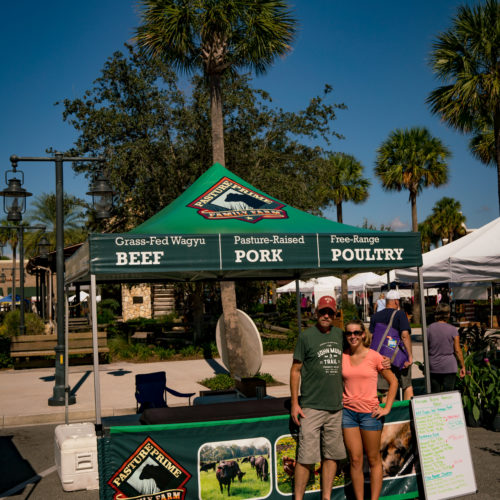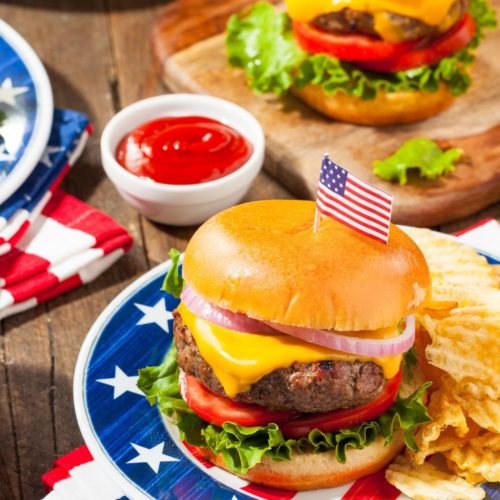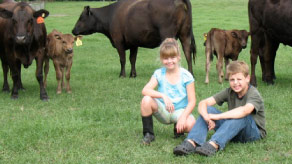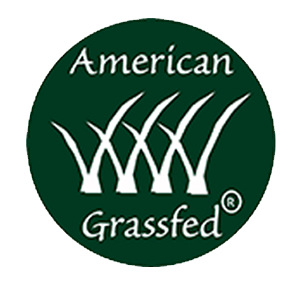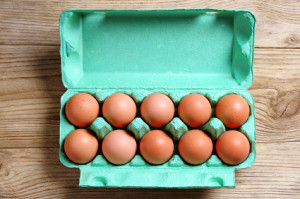
QUIZ OF THE DAY: What gift from nature is pre-packaged, pre-measured & and can add richness & valuable protein
to both sweet and savory dishes?? The Incredible, Edible EGG of course!!
We know the answer to “why does the chicken cross the road? It is to drop off her lovely fresh eggs at Pasture Prime Family Farm.
There are other mysteries involving eggs that we would like to clear up, as well. How do all the claims made by egg producers & distributors really translate?
Here is what we found regarding labeling terminology:
- NATURAL – tells you absolutely nothing, every chicken egg is natural (unless of course it was dyed for Easter).
- CAGE FREE – means hens are not confined to cages, but many of these never leave crowded barns and do not necessarily have access to the outdoors and sunlight (essential for Vitamin D).
- ORGANIC – fed a diet of organic feed, but do not necessarily have access to the outdoors
- PASTURED – we think pasture raised eggs are the best choice, but pricey & harder to find. They can roam outdoors, forage for bugs, insects, & grass seeds which helps to produce healthier and tastier eggs. Do your own comparison between the color of a store bought egg and one from a pastured bird.
- NO HORMONES OR ANTIBIOTICS – means what it says, but there is no certification. This is why it is best to KNOW your farmer!!
It can take anywhere from 2-4 weeks to get eggs from where they are produced to a grocery store and then it is another month before they are pulled from the shelves as “out of date.” The taste and nutritional content between a fresh, local, pasture raised egg and an “oldish” egg shipped from a distant source can be HUGE.
What do you know about the Anatomy of an Egg, in a further test of your IQ?
- An Egg weighs about 2 ounces, has 74 Calories & is made up of several interconnected parts.
- Yolk – contains about 3/4 of the calories & nutrients and is the main source of the vital protein.
- Chalazae – (so that is what that “odd clump” is called) the pair of twisted cords that anchor the yolk to the center of the egg.
- Inner White – 90% water, remainder is protein, thicker & firmer that the outer white. This inner white cushions the yolk & appears cloudy when egg is fresh. The freshest eggs make the most stable foams, souffles & merinques.
- Outer White – cooks more quickly and is thinner than the center of the egg.
- Egg Shell – this permeable skin as up to 17,000 pores which is how the egg loses moisture over time – it is also how and egg can pick up odors in the refrigerator, so store them in their carton.
You might be wondering “how to check if the egg you just brought home from the supermarket is fresh?” We have just the TEST for you!
Drop the egg into a deep bowl or glass filled with water:
- FRESH – if it sinks
- OLDER – but good for most uses – if it stays submerged with the wide end up.
- REJECT – if it floats – toss it out.
Check out future Blogs on Pasture Prime Egg Cooking tips & recipes.
GOOD NEWS – YOU PASSED THE TEST and are ready to move on to the Championship Round!!



